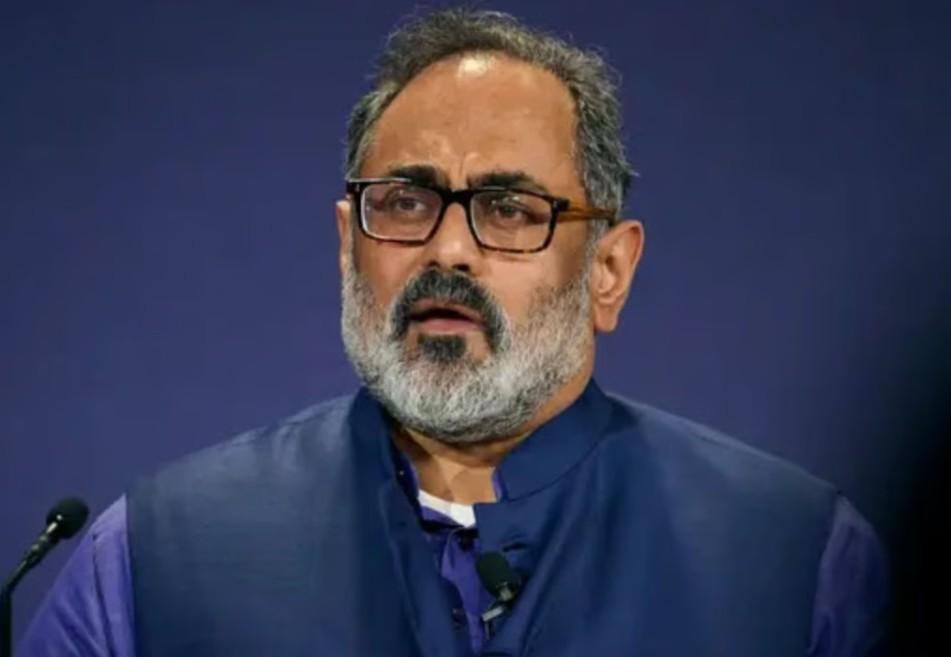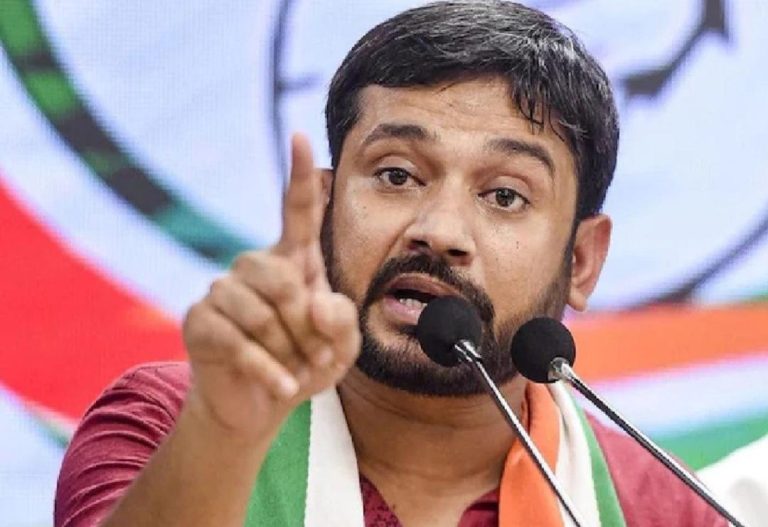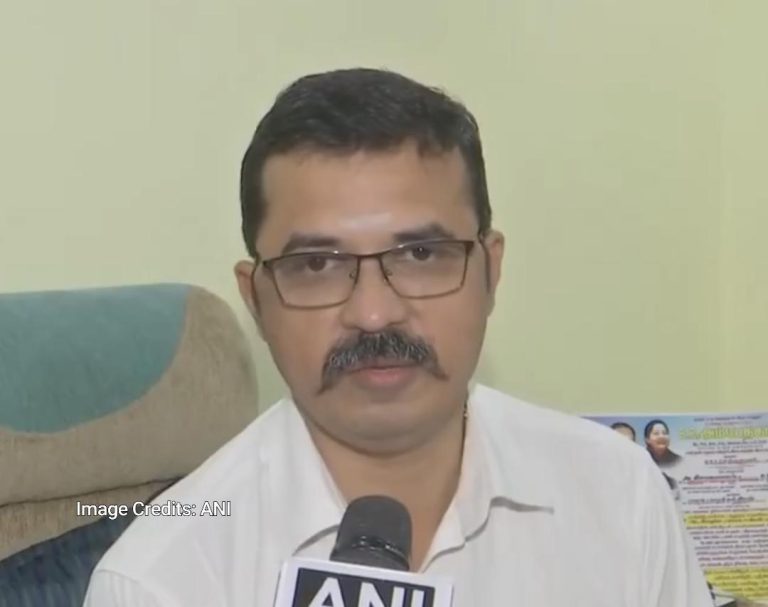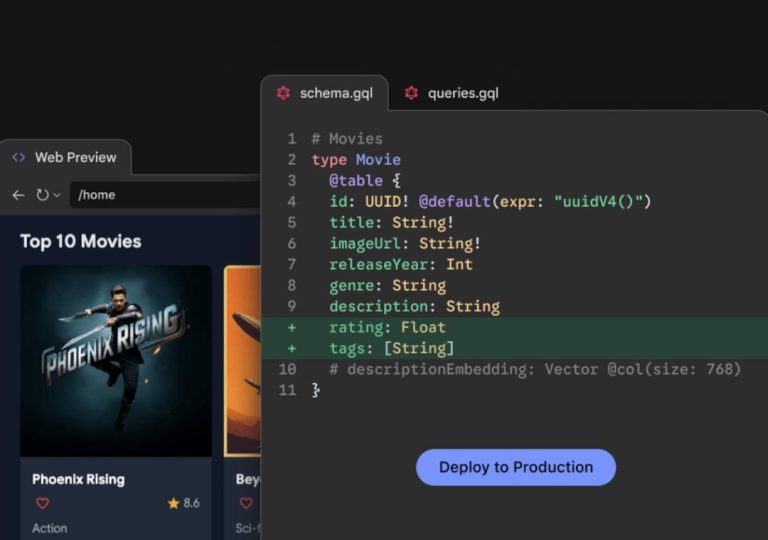
Rahul should read & learn the Constitution: BJP’s Chandrasekhar
In a recent tweet, BJP leader Rajeev Chandrasekhar took a scathing dig at Congress leader Rahul Gandhi, urging him to read and learn the Constitution of India. This came in response to Rahul’s criticism of the Waqf Bill, which is aimed at ensuring that Waqf land is utilized for the benefit of poor Muslims and not rich politicians or builders.
Chandrasekhar, a seasoned politician and entrepreneur, tweeted, “One thing I recommend to Constitution-waving, India-bashing Rahul Gandhi is that he reads, learns the Constitution.” He went on to add, “PM Narendra Modi’s [Waqf Bill]…ensures that Waqf land is used for the benefit of poor Muslims not rich Cong builder/politicians.”
Chandrasekhar’s remark is a reflection of the growing frustration among BJP leaders with Rahul’s tendency to criticize government initiatives without fully understanding the underlying context. The Waqf Bill, in particular, has been a subject of controversy, with many opposition leaders accusing the government of attempting to usurp Waqf land and use it for its own purposes.
However, the BJP has consistently maintained that the bill is aimed at ensuring that Waqf land is utilized for the benefit of the poor and the marginalized, rather than being exploited by wealthy individuals or political parties. The government has also argued that the bill is necessary to bring transparency and accountability to the management of Waqf land.
Rahul Gandhi’s criticism of the bill, on the other hand, has been criticized by many as being misinformed and lacking in substance. In his criticism, Rahul has failed to provide any concrete evidence or alternative solutions to address the issue of Waqf land management. Instead, he has relied on his trademark rhetoric, accusing the government of being anti-Muslim and anti-poor.
Chandrasekhar’s suggestion that Rahul should read and learn the Constitution is a wise one. The Constitution of India is a complex and nuanced document that outlines the framework of the country’s governance and the rights and freedoms of its citizens. It is essential that any individual who seeks to engage in public discourse or policy-making has a deep understanding of the Constitution and its provisions.
In recent years, Rahul Gandhi has been criticized for his lack of understanding of the Constitution and its provisions. He has been known to make statements that are factually incorrect or misleading, and has often relied on his family’s legacy and his own celebrity status to advance his political agenda.
In contrast, Chandrasekhar has a reputation for being a knowledgeable and well-informed politician, who is deeply committed to the principles of the Constitution. He has been a vocal advocate for the rights and freedoms of citizens, and has consistently spoken out against attempts to undermine the Constitution or the rule of law.
In conclusion, Chandrasekhar’s suggestion that Rahul Gandhi should read and learn the Constitution is a timely and necessary one. The Constitution is the foundation of our democracy, and it is essential that all individuals who seek to engage in public discourse or policy-making have a deep understanding of its provisions and principles.
Rahul Gandhi’s criticism of the Waqf Bill is a classic example of the kind of uninformed and misinformed rhetoric that is all too common in Indian politics. By urging Rahul to read and learn the Constitution, Chandrasekhar is not only seeking to educate him on the provisions of the Constitution, but also to hold him accountable for his actions and words.
Ultimately, the success of our democracy depends on the ability of our leaders to engage in informed and responsible public discourse. By reading and learning the Constitution, Rahul Gandhi can begin to understand the complexities of the Waqf Bill and the broader issues of governance and development in India.






